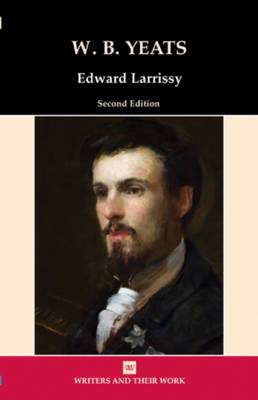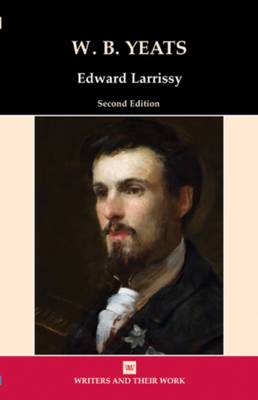
- Afhalen na 1 uur in een winkel met voorraad
- Gratis thuislevering in België vanaf € 30
- Ruim aanbod met 7 miljoen producten
- Afhalen na 1 uur in een winkel met voorraad
- Gratis thuislevering in België vanaf € 30
- Ruim aanbod met 7 miljoen producten
Zoeken
Omschrijving
Contemporary scholarship about W.B. Yeats (1865-1939) is increasingly clear about the implications of his being a nationalist from a Protestant background. He always felt a degree of distance from his Catholic compatriots, while at the same time believing that his own background offered him relative freedom to interpret Ireland's pre-Christian traditions and mythology. This study shows how Yeats moved from passionate identification with the idea of Ireland in his early work, through a period in which he re-emphasizes his Anglo-Irish inheritance and its difference from that of Catholics, to a new sense of unity in his later work, founded on the belief that the Gaelic and the Anglo-Irish aristocracies were fundamentally alike. Effects of indecision and provisionality in the writing are intimately bound up with this ambivalent sense of identity, as are aesthetic doctrines such as that of the Mask. In line with recent scholarship, this study also treats Yeats' occult researches as important for understanding the poetry, and as possessing political significance. Other topics addressed include the concept of the nation, representations of gender, and Orientalism, as well as those questions of style and form which underlie the extraordinary esteem in which Yeats' poetry is still held by poets and readers of the twenty-first century.
Specificaties
Betrokkenen
- Auteur(s):
- Uitgeverij:
Inhoud
- Aantal bladzijden:
- 136
- Taal:
- Engels
- Reeks:
Eigenschappen
- Productcode (EAN):
- 9780746312889
- Verschijningsdatum:
- 20/02/2015
- Uitvoering:
- Paperback
- Formaat:
- Trade paperback (VS)
- Afmetingen:
- 138 mm x 216 mm
- Gewicht:
- 136 g

Alleen bij Standaard Boekhandel
+ 36 punten op je klantenkaart van Standaard Boekhandel
Beoordelingen
We publiceren alleen reviews die voldoen aan de voorwaarden voor reviews. Bekijk onze voorwaarden voor reviews.








